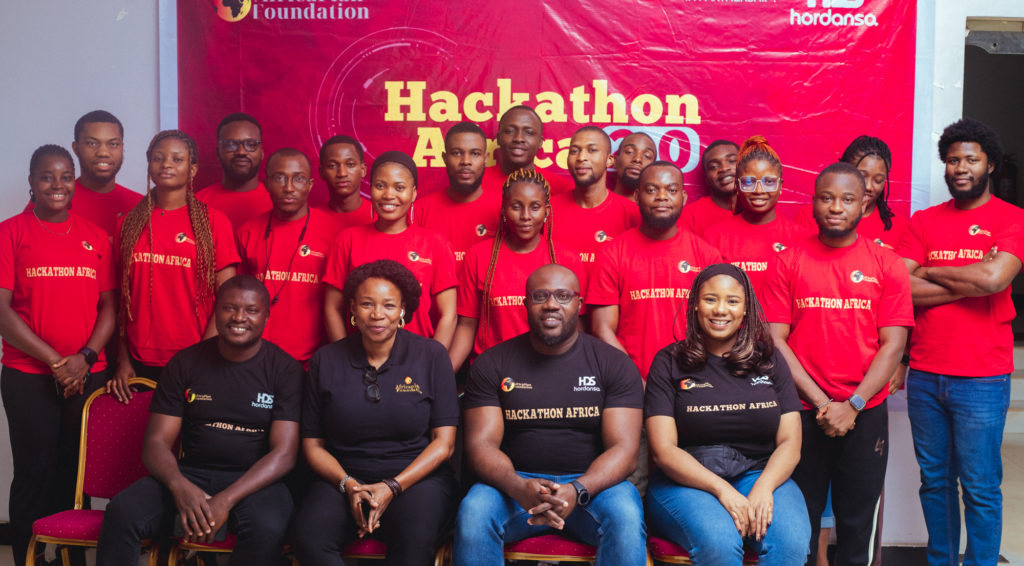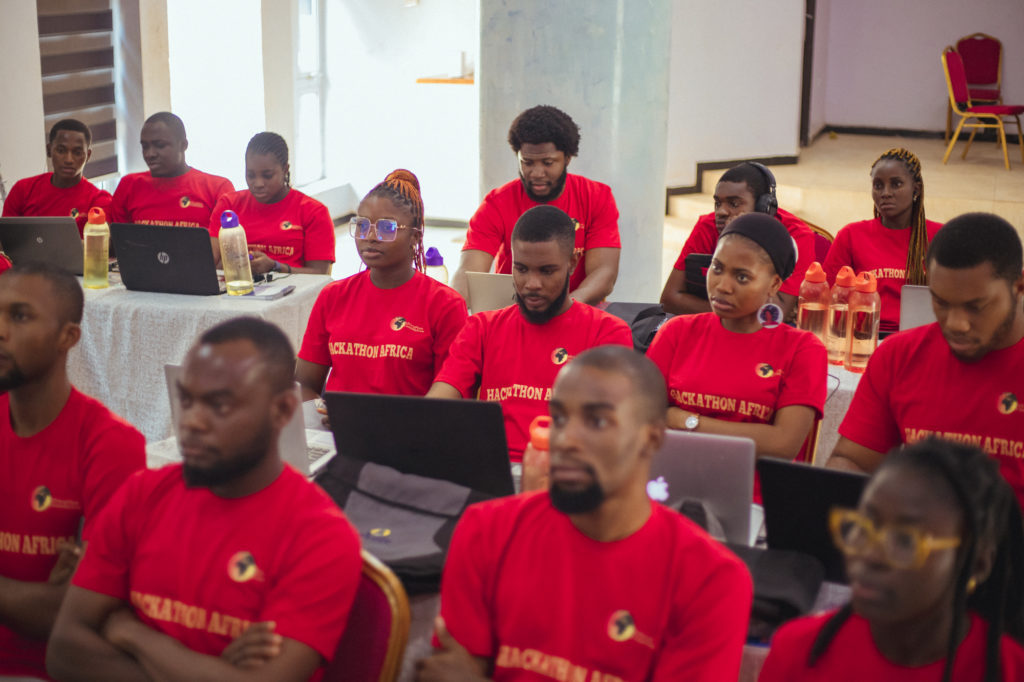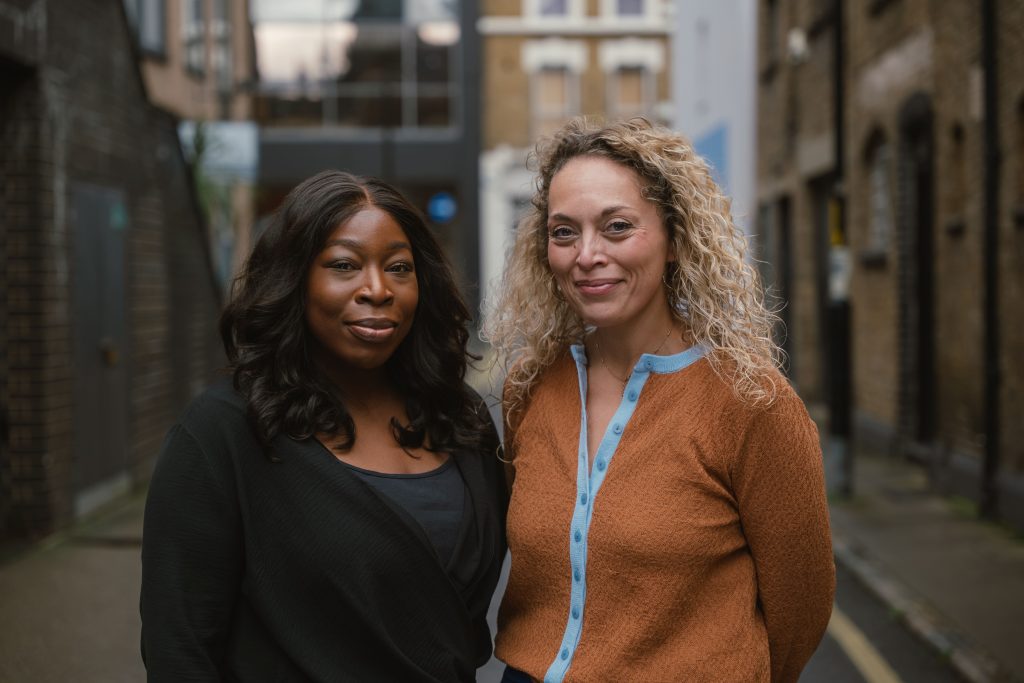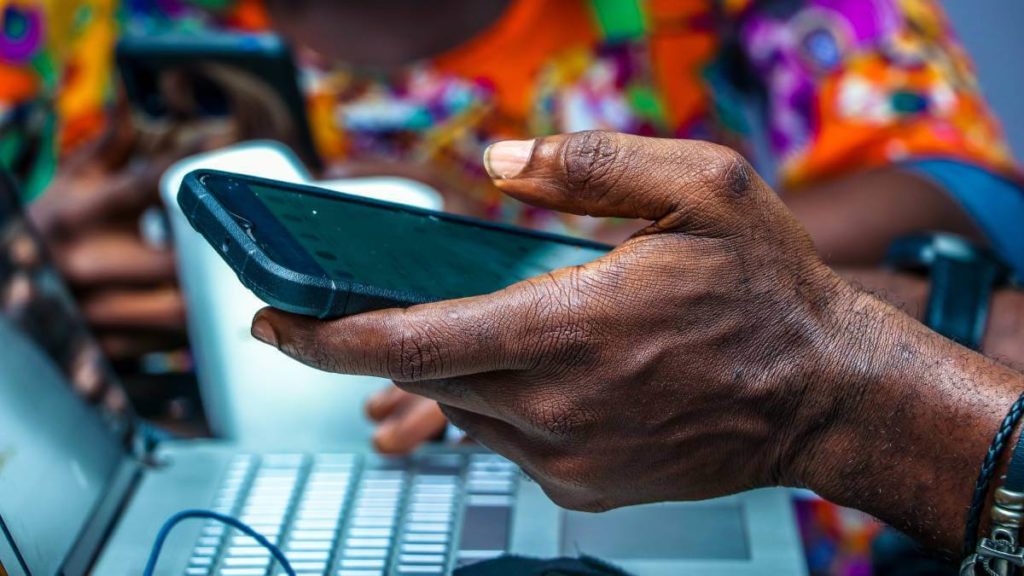
Technology has spurred the rapid digitisation of industries, and now, with technology, employees can work remotely and sync up with their teams virtually. These remote work opportunities have opened up the job market to everyone with a skill to offer. Currently, tech jobs are in high demand, and Nigerian youth are turning to this industry to seek employment. With a high unemployment rate in Nigeria, unemployed graduates need to acquire in-demand tech skills to help them thrive in the global job market. To acquire these skills, most unemployed and underemployed graduates turn to the Internet. However, because Nigeria is a country with one of the highest poverty rates, learning is too expensive for a lot of youth willing to learn.
Paid courses and books cost a lot, especially for recent grads who aren’t working yet. The internet has tons of free learning resources, but using them requires data, which is costly too. Even Laptops, which are much-needed learning tools, are unaffordable for most Nigerians. Many generous and charitable organisations have sprung up to help provide access to tech training, but with the costs attached to learning, these trainings are still inaccessible. To solve this problem and enable access to decent economic opportunities for young Nigerians, AfricaPlan Foundation has created a fully -funded residential scholarship programme named HackathonAfrica.
HackathonAfrica is a fully-funded tech bootcamp offering a dynamic three-month immersive training experience designed to transform college graduates into proficient junior web developers. This program is designed to take beneficiaries from training to internships and, eventually, job placements. The programme is run on a comprehensive curriculum combining project-based and hands-on learning to ensure participants acquire essential, in-demand technical and soft skills. This rigorous training equips graduates with the knowledge and capabilities necessary to excel in today’s fast-paced technology landscape. HackathonAfrica is entirely sponsored by AfricaPlan Foundation, and this sponsorship includes accommodation, meals, technical facilitation and instructions, and every other need. Students are also paid a stipend for their miscellaneous expenses.

Founded by Oni Chukwu, who has been in the technology industry for over 30 years, HackathonAfrica was inspired by the despair he felt seeing the shortage of opportunities for bright, young college graduates in Nigeria. “By official counts, the graduate unemployment rate is 35 to 40%. However, most informed observers know that combined with underemployment, that number is north of 60%,” Chukwu says. “These graduates are Nigeria’s future! Our goal with HackathonAfrica is to bring meaningful relief to this problem through a unique and comprehensive software development coding bootcamp.” After running for two consecutive years with two cohorts successfully trained, HackathonAfrica is thriving and seeking more corporate/technical partnerships for the internship aspect of the programme.
TechCabal sat down with Founder Oni Chukwu to discuss the programme’s success and challenges so far, why HackathonAfrica is unique in its approach, and how interested partners can participate in providing internships for Nigerian youth.
TechCabal: There are currently many tech training programmes in Nigeria, so why is HackathonAfrica important to the tech ecosystem right now?
Oni Chukwu: HackathonAfrica is a unique programme intentionally curated to deliver tangible outcomes. Even as it complements other existing programmes in Nigeria, it stands apart in its attention to detail in curriculum development, facilitator presentation, and student welfare to ensure a conducive environment and uninterrupted and well-rounded learning. In the first edition, our curriculum focused on the MERN stack, and for the second edition, we introduced Python, Typescript, FastApi, & DevOps into the curriculum. More importantly, we introduced prompt engineering basics, enabling students to leverage AI as a copilot to improve work output.
Our focus is on helping students achieve gainful employment in the industry, which is also a crucial differentiator.
Why a residential programme? Why not virtual?
OC: We took significant care in curating the unique programme to ensure minimum distractions for the participants and the best possible outcomes. Even though virtual programs are much cheaper, residential immersive programmes, like HackathonAfrica, are more effective. The residential programme ensures that our well-trained facilitators consistently provide hands-on instructions. It further eliminates daily challenges like transportation, lack of electricity, meals, etc. Most importantly, software development is inherently collaborative; with our participants in the same environment, they can learn this vital skill firsthand. They can leverage strengths and weaknesses and problem-solve together. Separately, our Knowledge Series fills up participants’ weekends with training on soft skills and leadership lessons by industry leaders from diverse backgrounds.
What has been the outcome of previous editions of this programme?
OC: We are incredibly pleased with the results thus far. Maintaining the programme’s unique and comprehensive quality has been paramount as we have rolled it out. At present, we graduate one cohort of 20 students every year. Since inception, we have graduated two cohorts of 40; all graduates went through an internship. Most of them are employed in industry, with several employed by the same firms where they did their internships. We aim to continue to have 100% successful graduation, 100% internship placement, and, importantly, 100% job placement. Because these are early days, we continue to strive for those goals. We have a very long-term view here.
The BOD of AfricaPlan and our staff on the ground have done an incredible job of limiting the myriad of attendant challenges by providing full accommodations, conducive classrooms, catered three-square daily meals, and other basic infrastructure to limit the students’ distractions during the programme.

Sounds like the HackathonAfrica is doing well. What was the daily experience like for the latest cohort?
OC: Throughout the boot camp, participants were organised into four teams, each comprising five individuals. Together, these teams conceptualised, developed, and built web applications to address various challenges within Enugu. The projects included CraftConnect, aimed at connecting artisans with customers; EatRight, offering dietary and health support for individuals with ulcers; Homely, assisting people in finding suitable homes for rent or purchase; and ZeroWaste, tackling plastic pollution. Witnessing the students’ dedication to bringing their projects to life within three months was genuinely fulfilling.
How do you vet and choose the companies to place students for internship post-AfricaHackathon?
OC: Our partner companies understand that the internship period is still a training period for our participants to further develop their skills in full-stack software development. So, they are placed in positions where this is achievable. Our interns also must be paid for their work. This helps ensure that there’s appreciation for their value even as interns. Finally, we seek companies that would also invest the time in training the interns and subsequently retain them as full-time employees. In all, we seek partners who share our values and see this relationship as long-term.
What is the long-term goal for HackathonAfrica? What do you hope it becomes in say five years?
OC: The plan continues to be to provide a once-in-a-generation life-shaping programme to give unprecedented opportunities to underprivileged Nigerian youth in technology careers and entrepreneurship. Over the next few years, as we fully work out the kinks, we see two immediate paths: continue to increase the numbers per cohort and add one or two more instances per year. Our plan is also to expand to other parts of Nigeria in the near term. We also continue looking for partners in Nigeria and globally to join forces with us—in providing quality internships, technology/facilitators and firms, etc.—to enable our expansion and reach more people. The need is great and growing by the day.
Anyone interested in partnering with AfricaPlan Foundation or getting an intern from HackathonAfrica can contact Jonah@africaplanfoundation.org or info@africaplanfoundation.org. You can also visit the website here.














